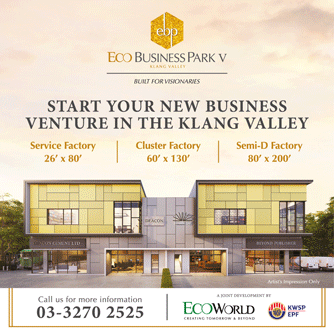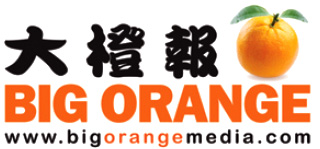SME business players to build partnership ahead of AEC
Indonesian business players running small and medium enterprises (SME) met their counterparts from Malaysia and Singapore in Batam, Riau Islands, over the weekend to develop partnerships ahead of the ASEAN Economic Community (AEC) implementation.
Riau Island head of economic development Syamsul Bahrum said the gathering aimed to provide opportunities for SME players to get to know with each other and establish possible partnerships.
“This gathering is the embryo of future cooperation among players from the three nations,” Syamsul was quoted as saying by Antara news agency.
The National Chamber of Commerce and Industry of Malaysia (NCCIM) secretary-general Syed Hussein al-Habsyi said he believed the weekend event in Batam would create better cooperation among the three countries and facilitate a successful establishment of the ASEAN Economic Community.
The AEC, he said, would create a new economic power in the region.
Southeast Asian countries are expecting the establishment of the AEC by the end of this year. Under the planned economic integration, the Southeast Asian countries are planning to liberalize 12 service sectors, namely business services, financial services, health-related and social services, and tourism and travel-related services.
Many SMEs players, however, reportedly do not really understand how trade will occur and the potential for growing competition after the AEC becomes effective.
In Thailand, a recent survey conducted by the Thai Chamber of Commerce’s Center for International Trade Studies involving 2,000 enterprises showed 88 percent of SMEs in Thailand had a better understanding of the AEC, compared to 79 percent five years ago.
However, the SMEs’ understanding of the AEC only covered the basic information, Thai daily The Nation reported.
Moreover, as many as 2.23 million of Thailand’s 2.42 million SMEs did not understand much about the benefits, challenges, laws or market demands and behavior in each country in the ASEAN region.
In Indonesia, critics have demanded that the government take a more active role in improving the competitiveness and networking abilities of the country’s SMEs for a tighter competition when the liberalization plans under AEC become effective.
Meanwhile, the number of SMEs and entrepreneurs in the country is low compared to its neighbors, meaning that more overseas SMEs will be able to tap Indonesia’s market.
As of last year, the number of people working in the SME sector in the country was only around 1.5 percent, still below the 2 percent figure, which is believed to be able to make them influential in a wider economy.
Meanwhile, in Malaysia and Singapore, the figure has reached around 4 and 7.2 percent, respectively.
Bank Indonesia’s Riau Island branch head, Gusti Raizal Eka Putra, pointed out that focusing on each potential would help Indonesia become a strong player during the implementation of the AEC.
“Every country has its own potential, which can encourage its economic strength. For Riau, this province has a huge potential in the maritime and fishery sector, yet this sector has not been developed to the maximum,” Gusti said. (rcf)
_____________________
Indonesia’s business opportunities in Southeast Asia
Cambodia: Legal, engineering, architecture, nursing, computer-related services, couriers, telecommunications, construction, distribution, education, health care, transportation.
Myanmar: Legal, accounting, medical and dental, engineering, architecture, veterinary, computer-related services, other business services (packaging, conventions, photographic etc.), postal, couriers, telecommunications, audiovisual, construction, education, distribution, environmental, health care, hospitality, travel agencies and tour operators, tourist guides, maritime, roads, pipelines, cargo handling, storage and warehousing, freight transportation.
Vietnam: Legal, accounting, medical, nursing, engineering, architecture, veterinary, couriers, construction, franchising, environmental, health care, hospitality, travel agencies and tour operators, maritime, internal waterways, rail, storage and warehousing, freight transportation.
Malaysia: Legal, accounting, advertising, computer-related services, education, telecommunications, motion pictures, construction, health care, hospitality, theme parks, maritime, rail and road transportation.
Thailand: Legal, engineering, architecture, veterinary, medical and dental, computer-related services, R&D, advertising, conventions, education, telecommunications, audiovisual, construction, distribution, higher education, environmental, health care, lodging, theme parks and amusement parks, maritime, road and rail transportation.
Singapore: Legal, accounting, medical and dental, engineering, architecture, veterinary, hospitality, computer-related services, audiovisuals, telecommunications, construction, education, distribution, maritime, road transportation, banking.
Philippines: Book-keeping, engineering, architecture, veterinary, computer-related services, R&D, packaging, motion pictures, construction, hospitality, travel agencies and tour operators, recreational and cultural, freight transportation.
Laos: Accounting, architecture, engineering, medical, computer-related services, R&D, postal, couriers, telecommunications, construction, distribution, education, environmental, health care, hospitality, travel agencies and tour operators, transportation.
Source: Trade Ministry






























